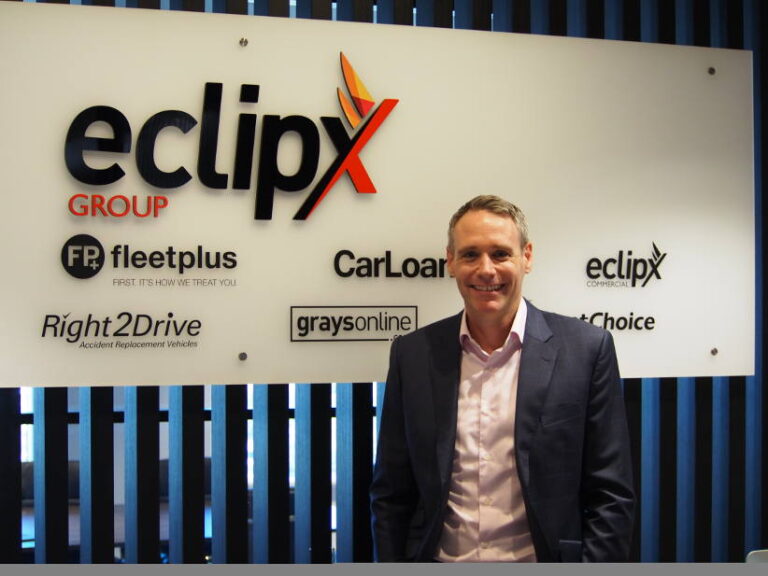As 2018 begins FAN spoke to Bevan Guest, Managing Director at FleetPlus, about what happened in 2017 and other emerging trends.
FAN: Did 2017 see any significant events that impacted the fleet industry?
Guest: One of the primary changes we’ve seen has been an increased focus on driver health and safety as companies look for proactive rather than reactive solutions to help keep their employees safe. Telematics has had a big impact in the WHS space and customers are now making purchasing decisions based not only on economic benefits, but human capital benefits as well.
Additionally, integrated technology solutions have started to change the dynamics of the industry. Being data heavy and producing spreadsheet or basic graphical type reporting is no longer acceptable. Customers now expect that fleet organisations interpret this data and provide insights and meaningful analysis enabling informed decisions to be made.
With the roll out of integrated technology and a greater focus on fleet optimisation and resource efficiency, we have seen the trend continue to move from in house fleet management to outsourcing. An increasing number of companies are looking to completely outsource their fleet to providers that offer leading technology and service solutions.
FAN: There’s a lot of coverage on autonomous in the media. Are your customers talking about this technology or asking for more information?
Guest: Although this technology is getting a lot of media attention, the current customer discussions we are having are primarily centred on preventative and active safety systems, rather than completely autonomous vehicles.
The move to fully autonomous vehicles will have significant legal and policy implications and needs specific infrastructure requirements, so I believe this transition is still some time away.
FAN: In 2017 was there more enquiries from customers about electric vehicles?
Guest: Electric vehicle discussions are more common than a year ago, but enquiries on 100% electric are still relatively low compared to hybrid vehicles. Hybrids are generally a more attractive option because of the ability to set more robust residual values and have less of a reliance on infrastructure.
There are a small number of customers looking at 100% electric for pool vehicle applications as a trial for possible widespread application across their fleets.
FAN: What are the top three things that good fleet managers do with their fleets?
Guest: Good fleet managers focus on both the asset and the driver – aiming to optimise their fleet performance while ensuring their employees get home safe. They make sure their fleet solution has been tailored to their specific needs, they have the right vehicles for the job and they are open to changing models if necessary.
Leading fleets have telematics installed and are using real-time insights in a proactive way to assist with the management and productivity of the fleet.
Finally, they make sure they have a good understanding of the service offerings from OEMs, aftermarket suppliers and fleet providers when choosing a sustainable solution for their business. They recognise that a cheaper price won’t always meet their required objectives and they realise the benefits that an optimised outsourced solution can deliver.
FAN: Will telematics become more useful to fleets in 2018?
Guest: It is already extremely useful for those that are utilising solutions such as LogbookMe to receive meaningful and actionable insights. These solutions deliver tax benefits, optimisation and proactive driver safety solutions as opposed to just data.
We have seen a significant number of fleets commit to telematics in 2017 with driver safety being the key trigger for this decision. Using telematics to provide data feeds into safety scorecards and rankings is a proactive approach to driver safety. We expect this trend will increase throughout 2018 with even more functionality and insights coming to market and as customers gain a greater confidence of the advantages that telematics can provide.






